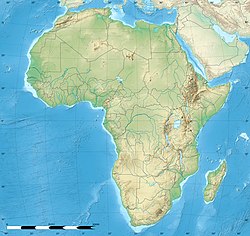 JY-ADO, the aircraft involved in the accident, seen in 1971 | |
| Accident | |
|---|---|
| Date | 22 January 1973 |
| Summary | Landing gear collapse, bad weather |
| Site | Kano International Airport (KAN), Nigeria 12°02′58″N8°31′15″E / 12.04944°N 8.52083°E |
 | |
| Aircraft | |
| Aircraft type | Boeing 707-3D3C |
| Aircraft name | Petra |
| Operator | Alia Royal Jordanian Airlines on behalf of Nigeria Airways |
| Registration | JY-ADO |
| Flight origin | Kandara Airport, Jeddah |
| Destination | Ikeja Int'l Airport, Lagos (now Murtala Muhammed Int'l Airport) |
| Occupants | 202 |
| Passengers | 193 |
| Crew | 9 |
| Fatalities | 176 |
| Injuries | 25 |
| Survivors | 26 |
On 22 January 1973, a Nigeria Airways Boeing 707 crashed at Kano International Airport while attempting to land in high winds. The crash killed 176 passengers and crew. There were 26 survivors. The crash remains the deadliest aviation disaster ever in Nigeria. [1]

